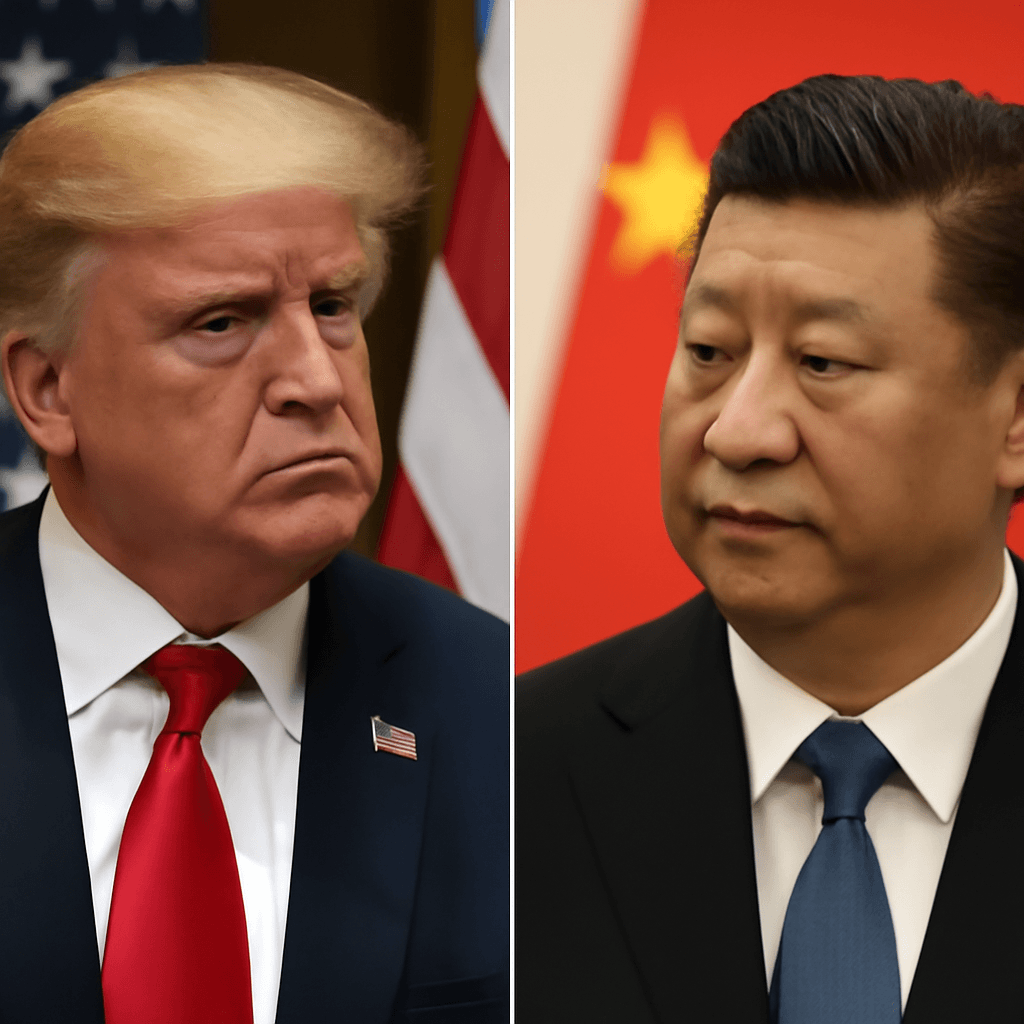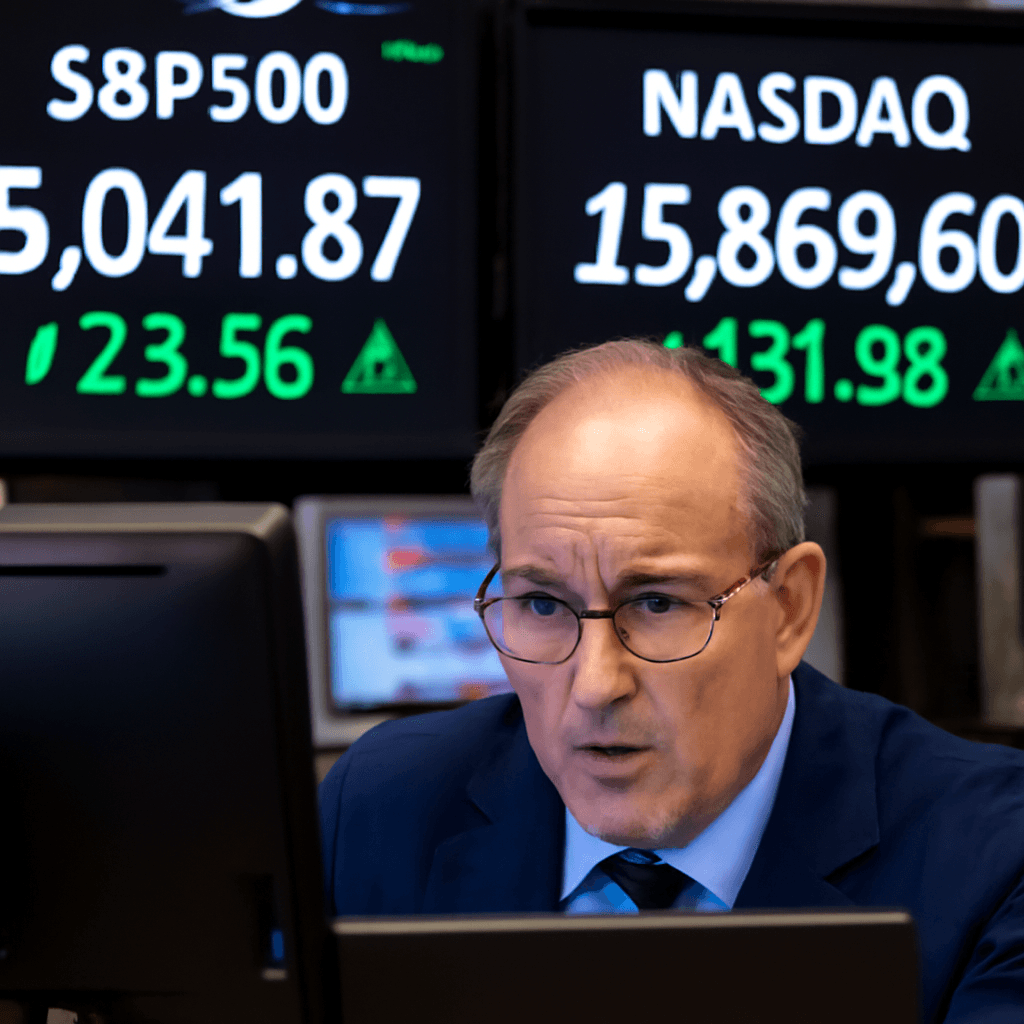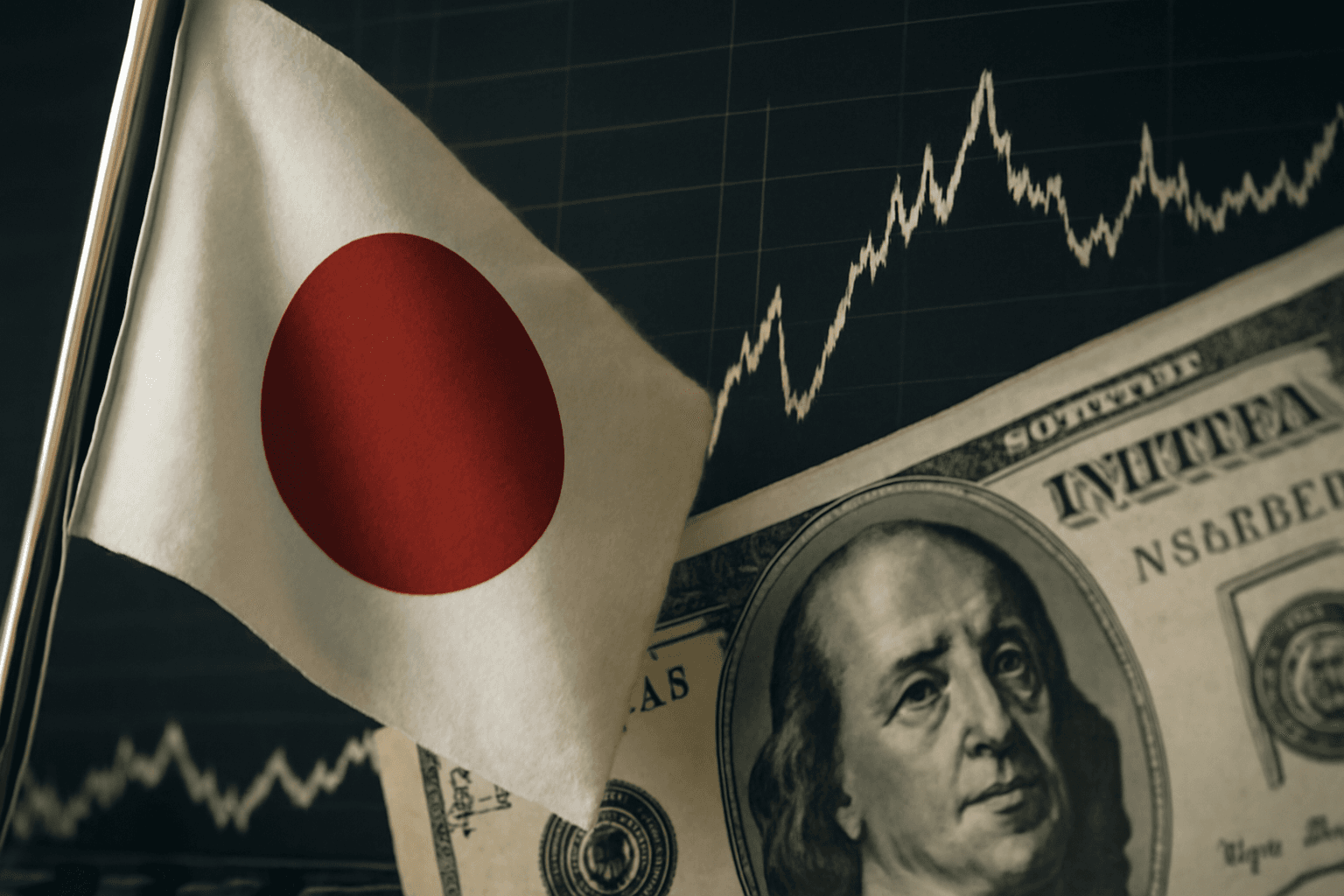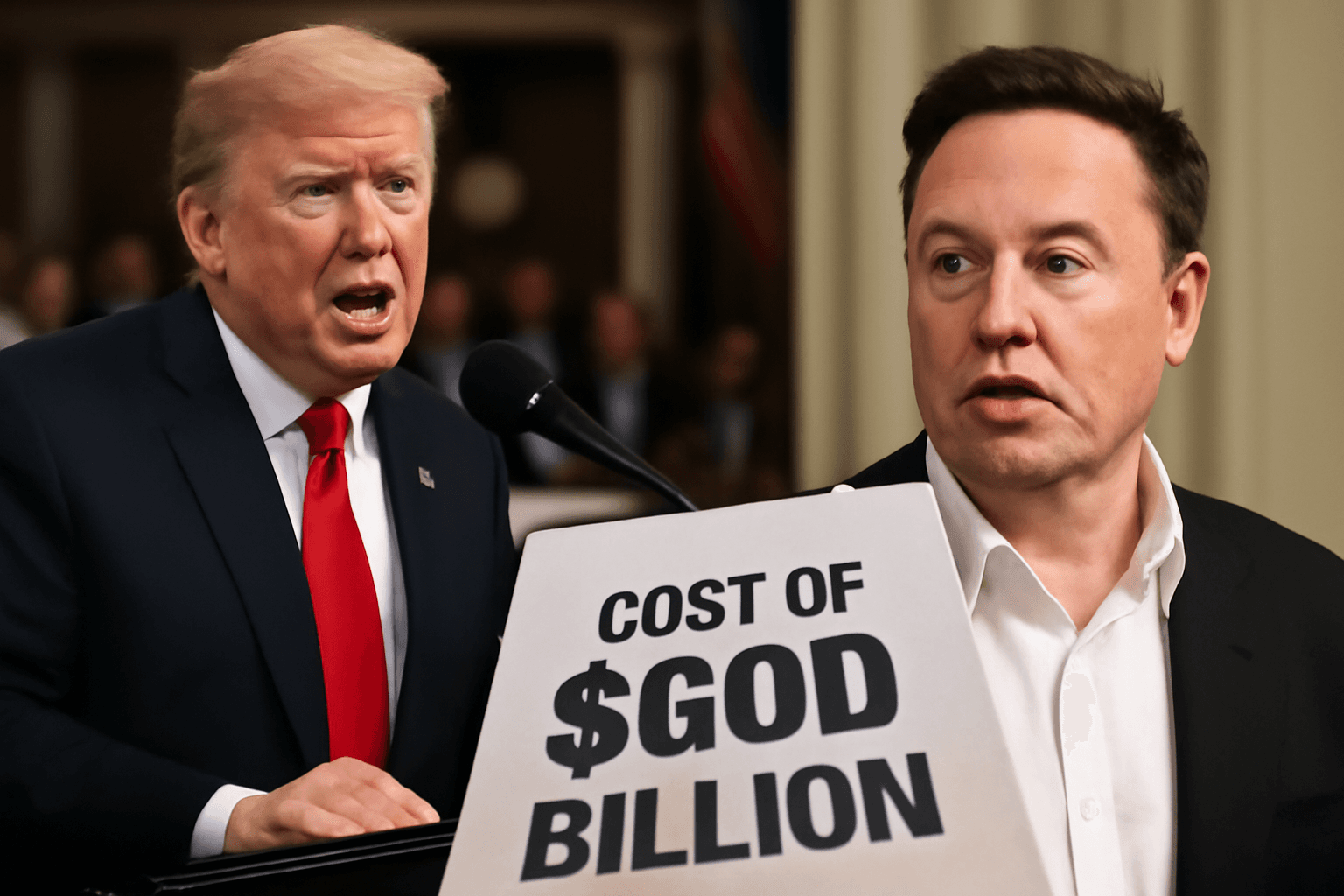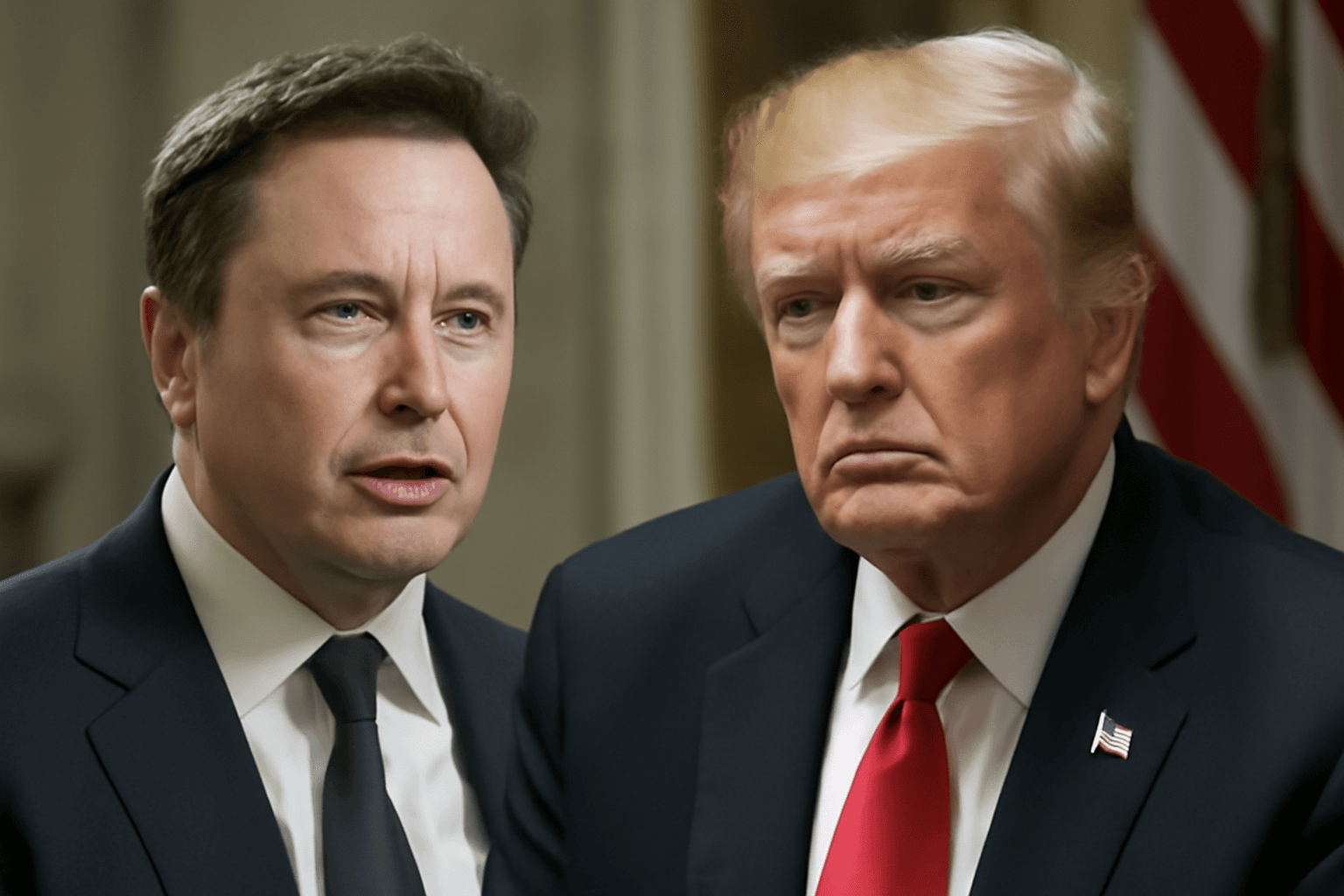May Market Rally and Heightened Trade Tensions
In May, the U.S. stock market experienced strong gains, with the S&P 500 rising by 6.2%, the Nasdaq Composite increasing 9.6%, marking their best monthly performance since November 2023. The Dow Jones Industrial Average also advanced 3.9%. This market optimism was fueled by a temporary easing of trade tensions earlier in the month.
Escalation in U.S.-China Trade Relations
However, tensions resurfaced as U.S. President Donald Trump publicly criticized China for allegedly breaching preliminary trade agreements. In a notable move, the President announced an increase in tariffs on steel imports from 25% to 50%, effective June 4. This tariff hike triggered concerns about the future of trade relations and potential retaliatory actions from trading partners.
Officials expect that President Trump and Chinese President Xi Jinping could engage in discussions within the week to address ongoing trade disputes. These talks hold the potential to ease frictions that have been escalating recently.
U.S. Economic Indicators and Inflation
The U.S. economy showed signs of steady inflation in April, with the personal consumption expenditures (PCE) price index — the Federal Reserve's preferred inflation gauge — rising 2.1% year-over-year, aligning with forecasts. Core inflation, which excludes volatile food and energy prices, was recorded at 2.5% annually.
Labor Market and Economic Outlook
The upcoming nonfarm payrolls report for May is attracting significant attention as it will provide critical insight into the economy’s health amidst recent tariff increases. Analysts anticipate a moderation in job growth compared to April. Should payroll figures fall short of expectations, market volatility could increase, especially given the current heightened tariff-related rhetoric.
Impact on Markets and Investor Sentiment
European markets showed slight gains with the pan-European Stoxx 600 up 0.14% and Germany’s stock index increasing 0.27%. However, bond markets suggest caution: long-term treasuries and corporate bonds have experienced negative returns since September, an uncommon trend reminiscent of the financial crisis era. Investors are advised to favor short-duration bonds.
Notably, investment strategies by influential figures mirror this caution; Berkshire Hathaway has increased its holdings in short-term Treasury bills substantially, indicating a preference for safer, shorter maturities.
Corporate and Political Developments
- Elon Musk stepped down from his role at the U.S. Department of Government Efficiency, amid media scrutiny regarding personal matters.
- The European Union has announced preparedness to respond to the latest U.S. tariff increases, signaling potential for further trade conflicts.
Conclusion
Markets are currently balancing cautious optimism following strong gains in May with growing uncertainty from renewed trade tensions and political developments. Upcoming economic data releases, including the jobs report, will be crucial in shaping investor confidence and guiding future market movements.

